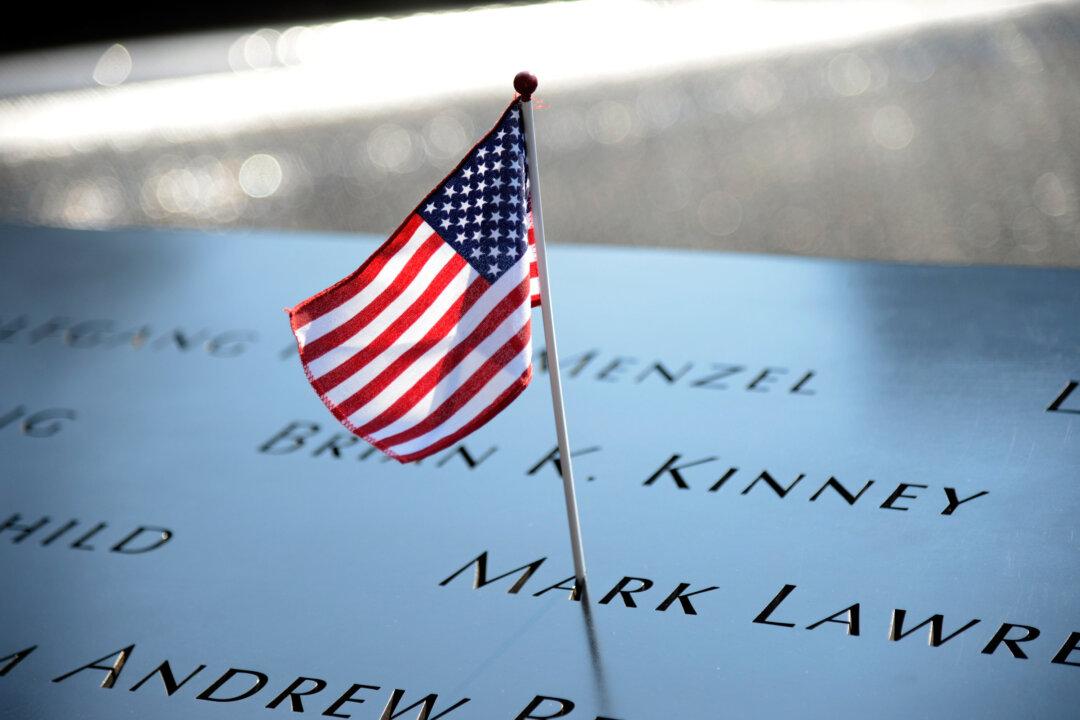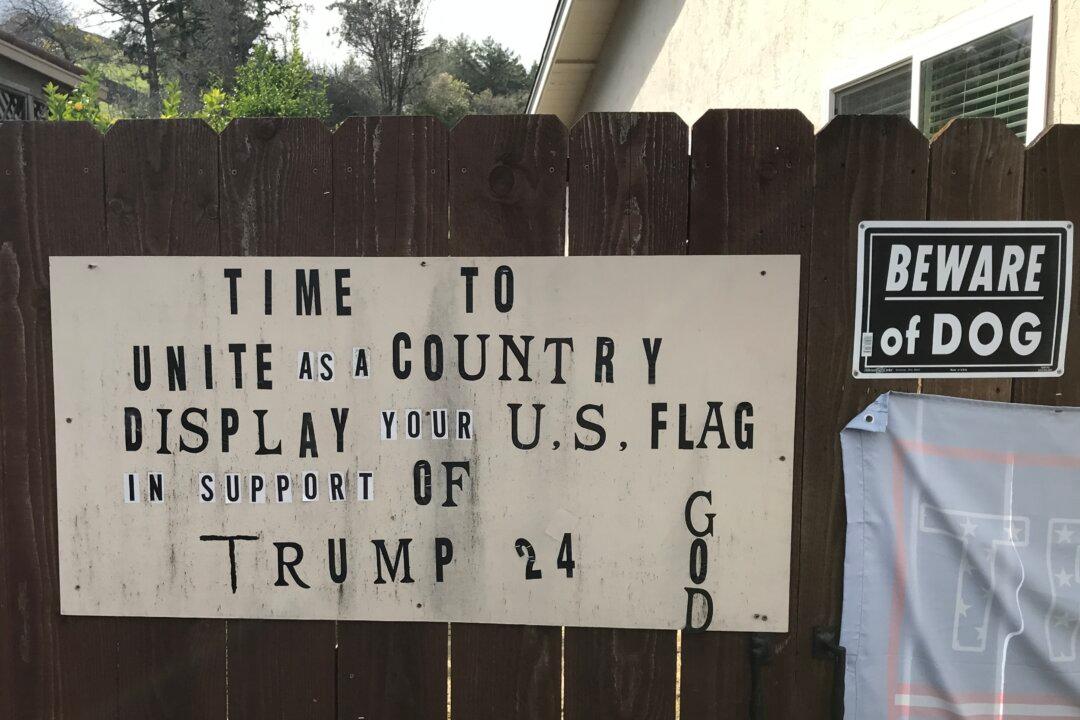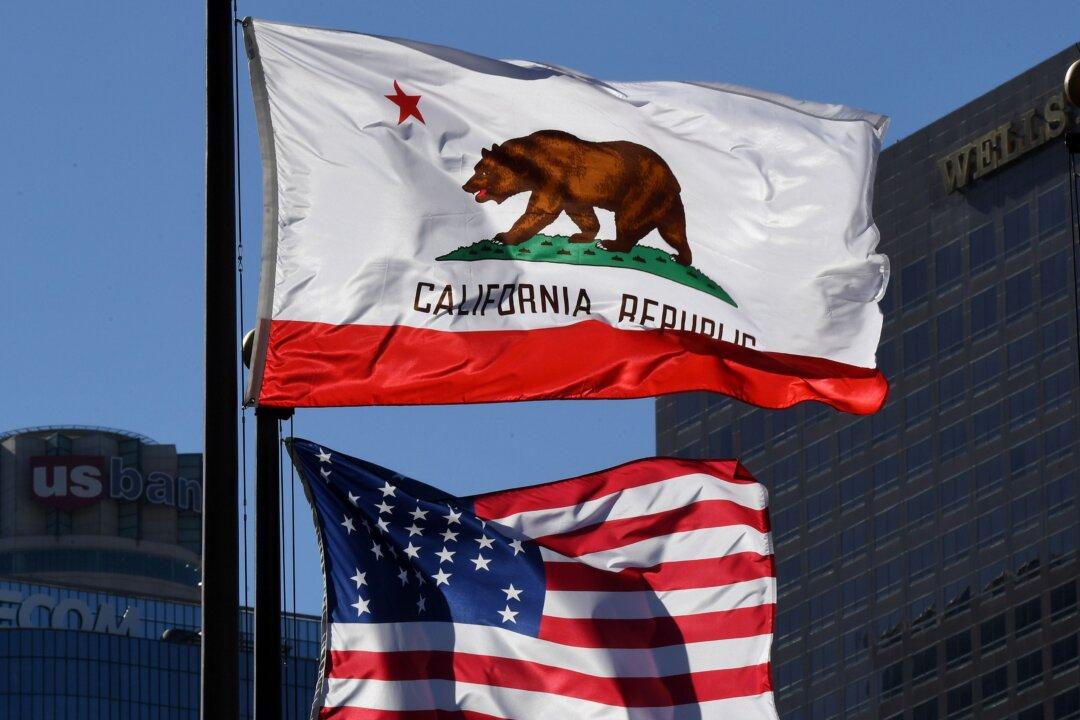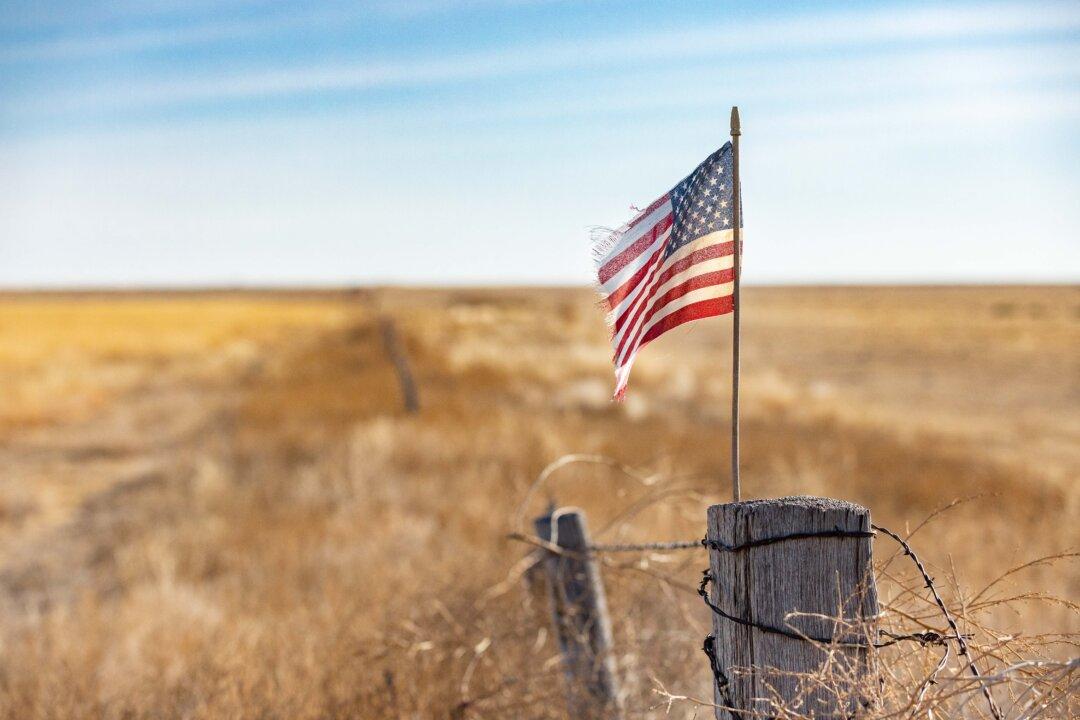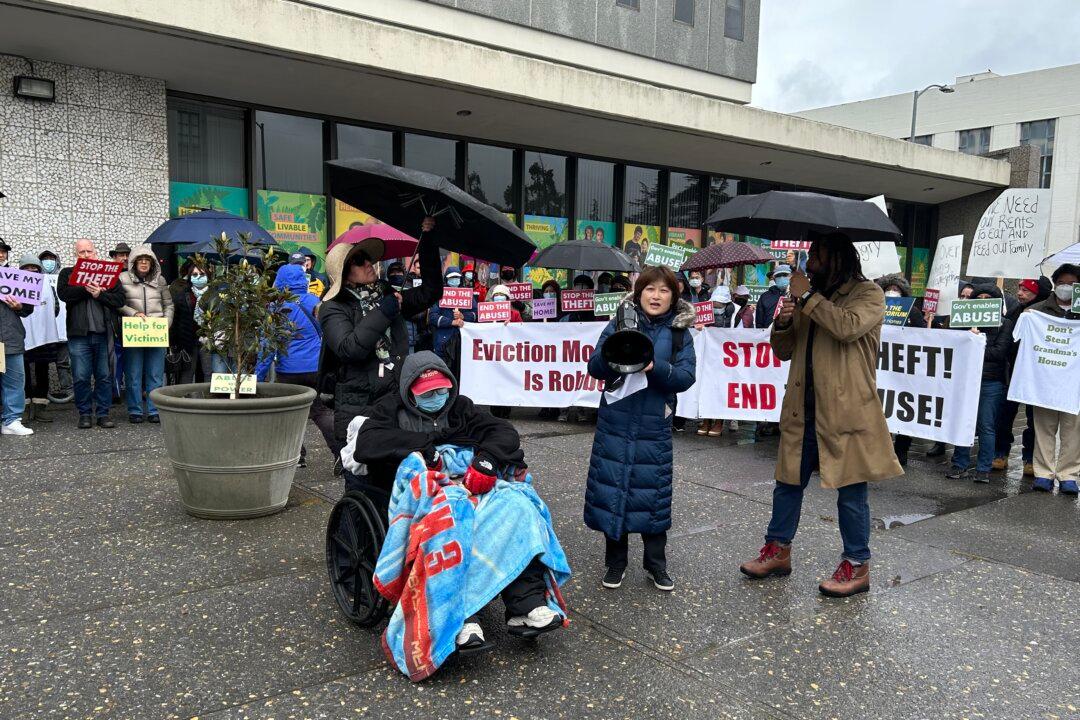Commentary
Twenty-two years ago, our nation fell prey to a terrorist attack more deadly than anything experienced since Pearl Harbor. In the weeks and months leading up to that fateful day, the United States found itself more vulnerable to an assault than at almost any other time in history—fast asleep to countless national security alerts, but wide awake to the spectacle of trivial politics and division.
